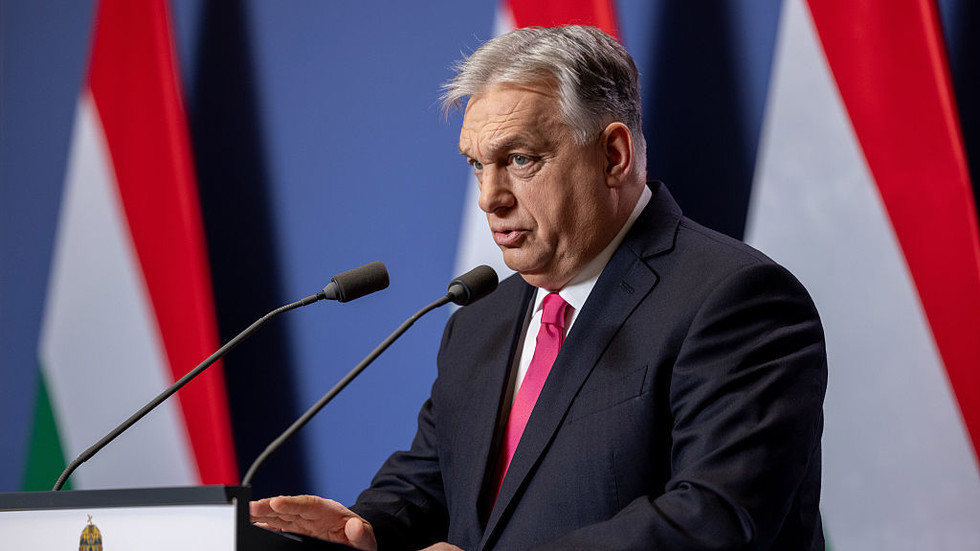The First Deputy Prime Minister for East African Community Affairs, Rebecca Alitwala Kadaga, has underscored the potential for economic prosperity through the expansion of the regional market, bolstering the production of goods and services.
By bolstering the regional market, not only is the purchasing power of the populace augmented, but it also fosters the production of high-quality and competitive products in the regional, continental, and global markets.
During the bilateral meeting in Busia on the 9th, Kadaga, accompanied by officials from Uganda and Kenya, as well as joint technical staff from both countries, engaged in discussions on bilateral matters and issues pending at the two borders.
Kadaga stressed the importance of continued cooperation among border communities to combat insecurity and foster prosperity.
In a joint communique, Kadaga and the Cabinet Secretary of East African Community, ASALS, and Regional Development, Peninah Malonza, accentuated the robust bilateral relations between Uganda and Kenya. They emphasized the need to continually strengthen these relations through the Joint Ministerial Commission, bilateral engagements, and other diplomatic structures.
The ministers also reiterated and reaffirmed the provisions of the EAC Treaty that prioritize peace and security in promoting regional integration.
Further, they underscored the significance of cross-border relations and urged residents in Busia to maintain peaceful coexistence, as individuals at the border rely on each other for survival.
The ministers directed border control agencies to facilitate the movement of border residents within the existing regulations. They also encouraged local administrators and border control agencies to convene quarterly meetings with residents, including traders, to address the challenges they encounter when using the border.
They pledged to promptly address challenges presented by Busia stakeholders and directed border control agencies to expedite the implementation of the Simplified Trade Regime to aid small-scale traders. Additionally, they instructed relevant agencies, including customs and police, to ensure that trucks are not unduly delayed at the border.
Moreover, they called for partnerships with international development partners to develop infrastructure, modernize One-Stop Border Post equipment, and enhance the capacities of stakeholders and traders.
Regarding fish exports from Kenya to the Democratic Republic of Congo (DRC) transiting through Uganda, the ministers emphasized the need for proper checks, inspections, and certifications of fish consignments at Busia OSBP to ensure seamless movement.
They urged fishermen in Lake Victoria to comply with fisheries laws and regulations, conducting their activities within the national laws of each Partner State. The ministers also highlighted the importance of harmonizing fisheries and aquaculture activities on Lake Victoria and agreed to expedite the opening of additional points of entry/exit (POEs) along their common boundary to enhance people-to-people integration.
Addressing non-tariff barriers (NTBs) between the two Partner States, the ministers reiterated their commitment to removing these barriers, which impede market access and contravene the provisions of the EAC Treaty and the Customs Union Protocol.
The ministers agreed to hold bilateral ministerial meetings every six months on a rotational basis at the various one-stop border posts between the two adjoining partner states.



